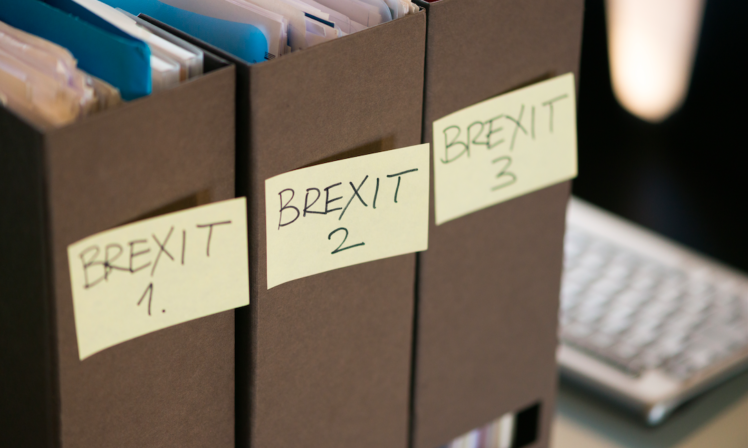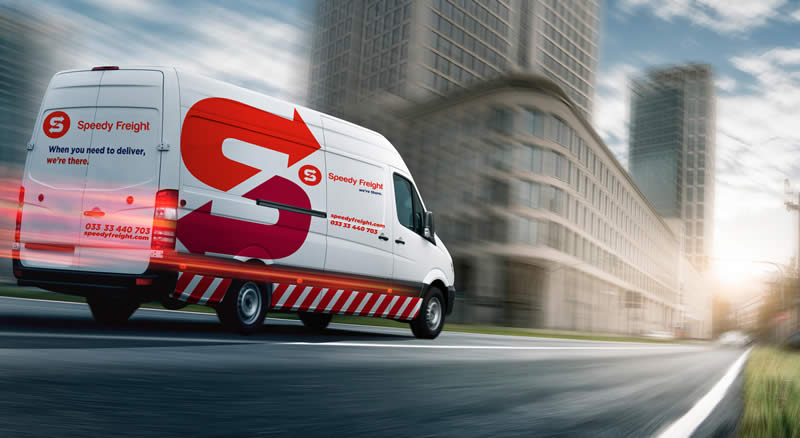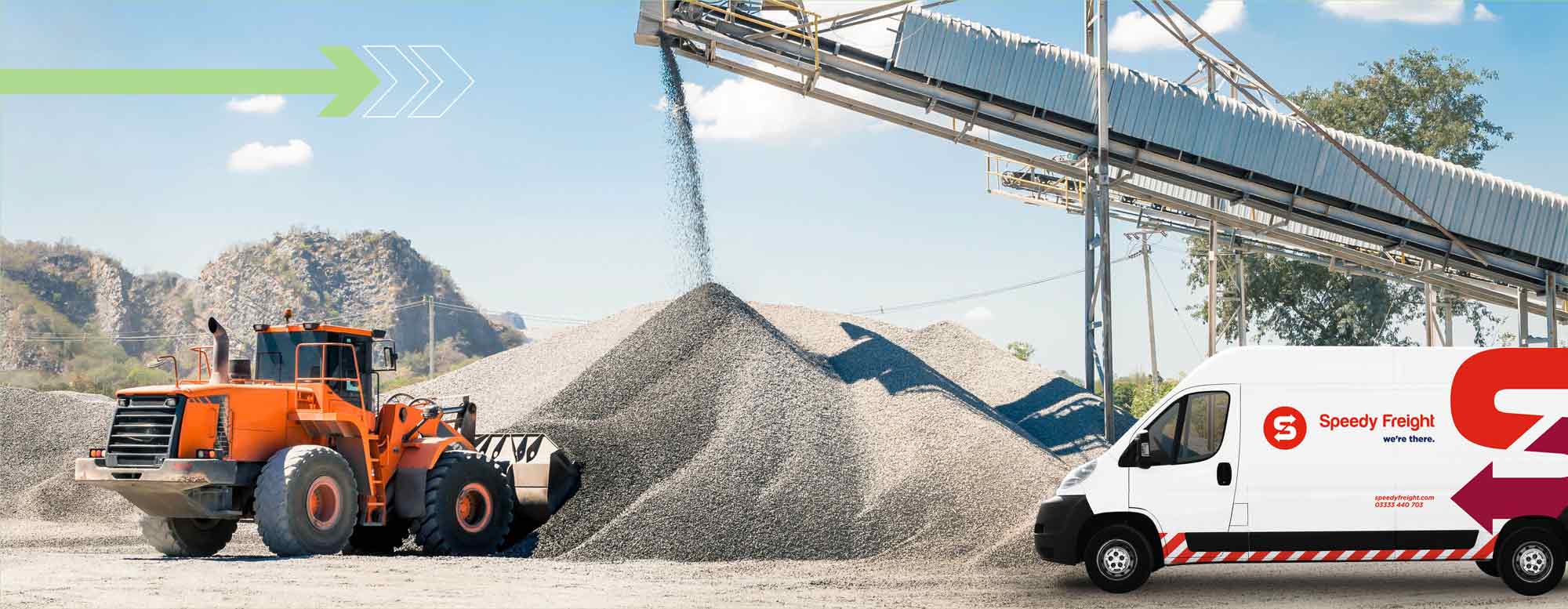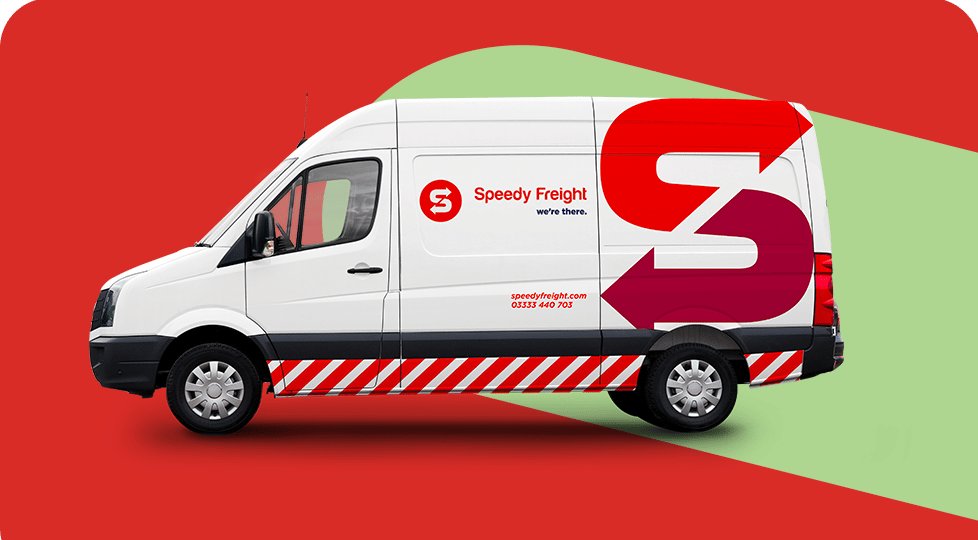What do you need to do in order to move goods to Europe after Brexit?
There are several things that you will need in order to move goods to Europe after Brexit. These include documentation, Custom Procedure Codes for your items, Tax and Duty to pay, an EORI number and much more. In this guide from Speedy Freight, we outline all the steps you’ll need to have taken to continue trading to and from Europe in a post-Brexit world.
Get an EORI number
One of the most important elements of post-Brexit trading is an EORI number. Historically used for businesses which operate between the UK and non-EU countries, an EORI number is to become a legal requirement for businesses trading between the UK and the EU from the 1st January 2021. Companies moving goods from England, Scotland, Wales or Northern Ireland to the EU, and vice versa, must apply for an EORI number in order to move their goods safely through customs. Without an EORI number, goods will be held at customs and you may incur increased costs in addition to delays.
Applying for your EORI number is a simple process on the government’s website that takes between 5-10 minutes, and an EORI number is typically provided within five working days.
The process only takes five to ten minutes, and you’ll typically receive your EORI within five working days. Once your EORI has been processed, you can either authorise Speedy Freight to complete your import and export entries or you can do this yourself, though it can be a lengthy and complex process. For more on this process, see the Gov.uk website which has further information.
Commodity Codes for Goods
After Brexit, it’s important to make sure you get a commodity code to move goods in or out of the UK or EU including goods sent to you from abroad. As the UK’s government website states, if you classify your goods correctly you’ll know what rate of duty and import VAT you are eligible to pay.
Several stages of finding commodity codes for goods which must be undertaken are:
- Check what import licences or certificates you need manufactured goods
-
Check the marking, labelling and marketing standards for food, plant seeds and
-
Check the rules for importing alcohol, tobacco and certain oils
Find more information on obtaining your commodity codes here.
Customs Procedure Codes (CPC)
A further requirement of moving goods in and out of the EU will be establishing your customs procedure codes. These customs procedure codes (CPCs) are completed at export as well as import, and used between customs departments to identify the customs which goods are being entered into and removed from.
The CPC is based on a 2-digit code which identifies a customs procedure, e.g. the item’s removal from a warehouse, entry to a free zone, and its export under Outward Processing Relief (OPR). From these procedures, the CPC is then built up into a 7-digit code. The procedure is outlined here, and Speedy Freight can assist with any aspect of obtaining your CPCs.
Confirm Tax and Duty to pay
The rate of customs duty on imports and UK trade tariffs are set to change from January 1st, 2021. Checking the rate of VAT is an essential part of moving goods to or from Europe, and businesses in this position need to check the UK Global Tariff that will apply to goods imported, in advance of this date.
You can use the GOV.UK site to check the tariff as well as checking the difference between what you pay now and what you’ll pay from the date given.
Duty deferment account
A duty deferment account is another necessity for those transporting goods into the UK from Europe. Businesses importing items into the UK will have to pay duties on goods coming into the UK following the January deadline of the UK’s departure from the EU, which is where a duty deferment account comes in. Speedy Freight can assist with the setting up of a duty deferment account as part of our Brexit preparation services – learn more about those by getting in touch with us.
Licensing to Import/Export
One final aspect of importing and exporting goods from Europe via freight, post – Brexit, is checking licensing to transport goods to and from the UK. Import, export and customs for businesses may require a license depending on the type of good you are looking to import and export: you can check your required licensing here. Find out more about licensing, accounts and the steps you need to take to prepare yourself for Brexit with
Confused about Brexit? You’re not alone. Use our Brexit Jargon Buster to demystify all the technical terms, codes and documentation names required to make sure you’re moving freight securely, safely and in compliance after January 1st, 2021. Our experts are here to make sure the process is as smooth and straightforward as possible. So when you think of moving goods to and from Europe after Brexit, think Speedy Freight.
 EN
EN
























